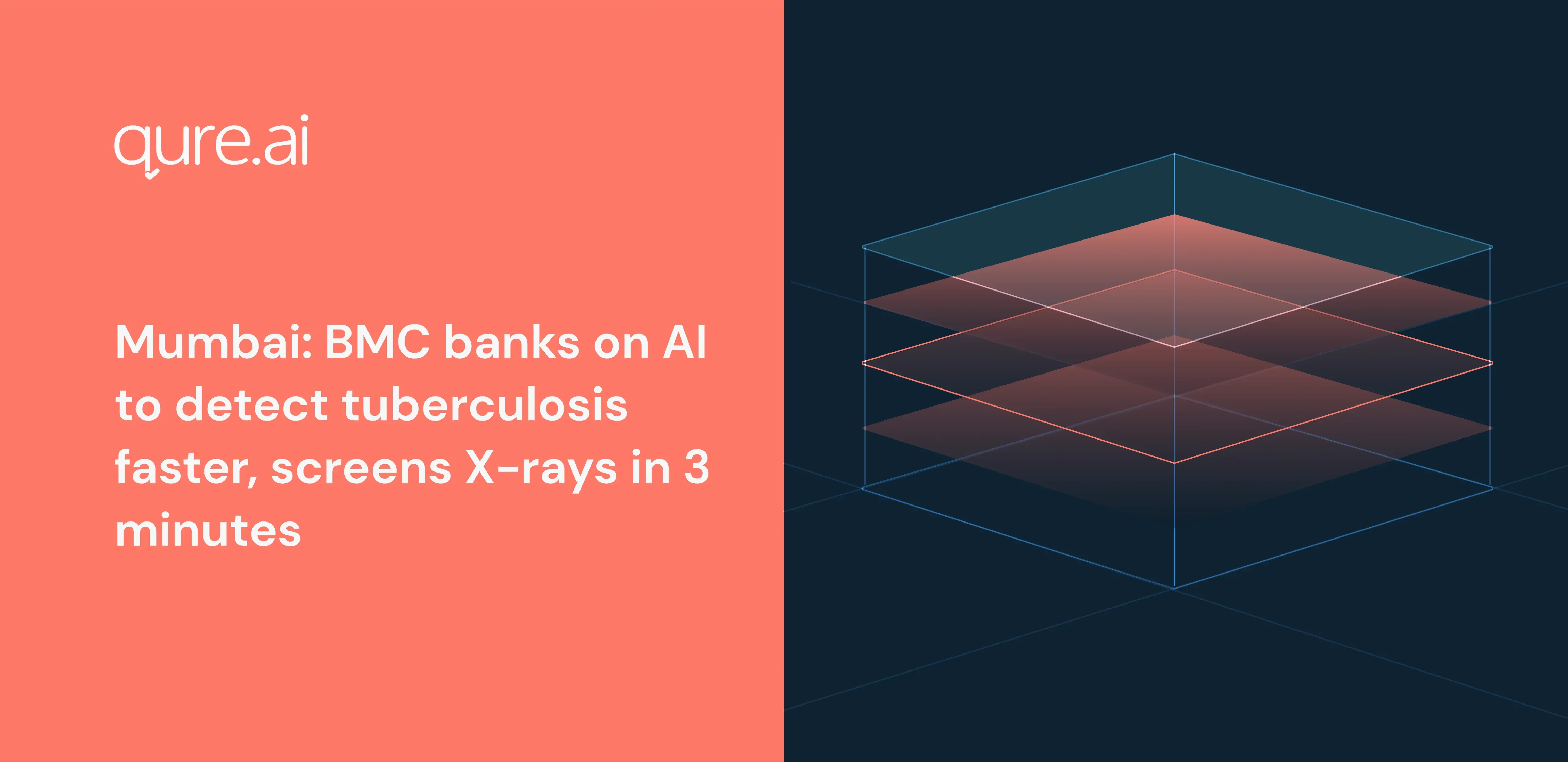MUMBAI: When Covid-19- the newest public health emergency-hit Mumbai, the BMC did more than roping in contract doctors, buying medicines and setting up field hospitals. It used the modern medical tool of artificial intelligence (AI) to track the SARS-CoV-2 virus.

Back
A year later, it decided to use AI to combat one of the oldest scourges-tuberculosis. Between January 2021 and January 2022, it screened chest X-rays of over 14,000 people, using a special software that in three minutes diagnosed presumptive TB in a patient.
BMC executive health officer Dr Mangala Gomare said, “AI has been beneficial because it tells us in three minutes whether an X-ray scan is conventional (i.e., without worrying markers). TB suspects are quickly identified, put through other confirmatory tests, and started on treatment.”
AI has been around in medicine for a few years in the form of robotic surgery, virtual assistants linking doctors and patients, e-radiology, among others. The appearance of Covid-19, however, cemented AI into public health.
When the pandemic started in March 2020, the BMC deployed Qure.ai’s software at 15 sites, including Covid centres and mobile screenings in slums. RT-PCR kits were not easily available at this juncture, forcing doctors to depend on AI-supported X-ray.
The Central TB division has recently asked districts to screen 3,500 presumptive suspects for every 1 lakh population. “With the CTB and the goal of TB elimination by 2025, AI screening strategy will help,” said Dr Gomare. Already, 9 TB clinics at civic hospitals have got the AI software.
NGO PATH’s TB technical director Shibu Vijayan said it tested the Qure.ai software in Nagpur in 2017. “We were finding 20% extra cases,” he said, adding the software would be rolled out in 10 other states in India. Internal medicine specialist Dr Swapneil Parikh said, “However, AI is only a tool and its usefulness depends on how well it is used. You have to use AI in conjunction with a doctor. It isn’t a cure-all.”